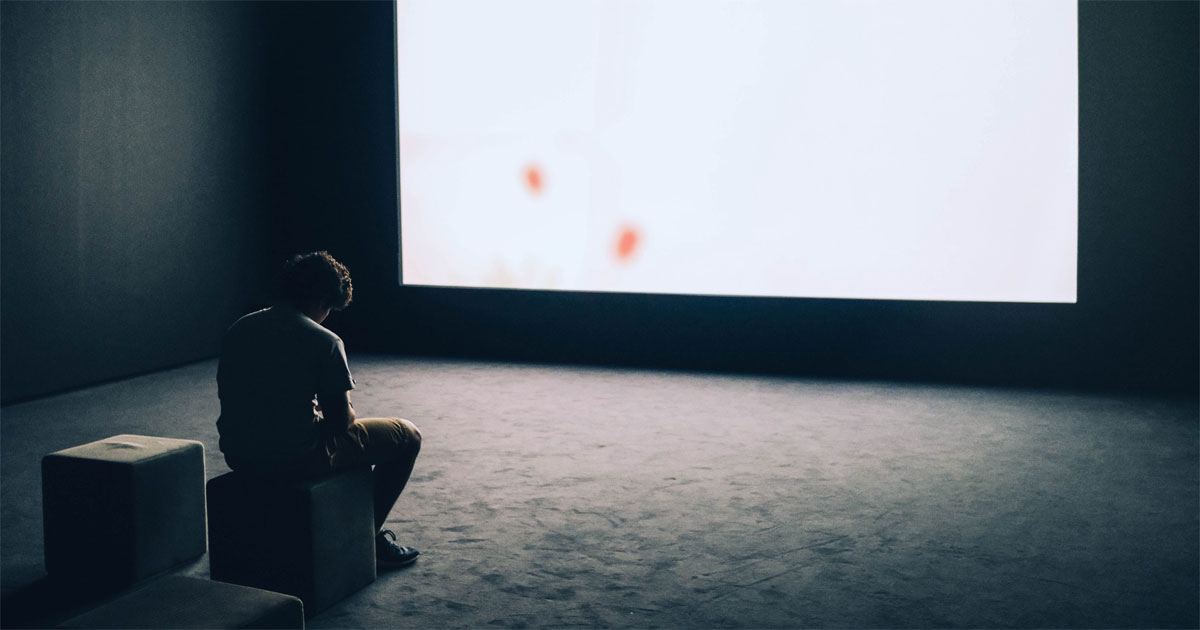
I write a lot about the role of the brain in relation to dizziness and balance disorders but in the course of my research, I come across a range of interesting and helpful articles like this one about loneliness.
How Being Lonely Affects Our Brains by Jarren Gan, ties together some interesting strands of research into the insidious ways that loneliness impacts our brains (and us) negatively.
In the article, Gan differentiates between loneliness and “alone time”. The latter is something we might choose, like taking some time out after a social gathering or a hectic week.
However, as Gan points out, loneliness is something we don’t choose, it is something that happens. And the longer we endure it, the more likely we are to not only feel empty and sad, but also to become, “irritable, depressed, and self-centred, all while increasing one’s risk of premature death.”
The article give statistical context based on surveys in the UK and then points to the findings of various studies.
It makes for interesting reading and if you or someone you know is at heightened risk of loneliness this holiday season, with Covid-19 physical distancing further making people less connected with others, this article makes a strong case for making an effort to find ways to engage as a matter of priority.
Read the article here: How Being Lonely Affects Our Brains
